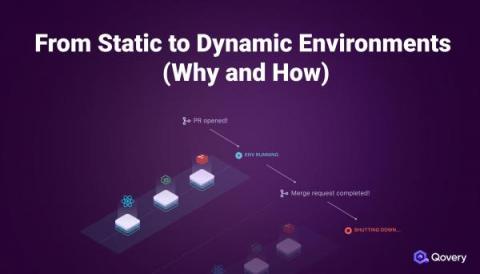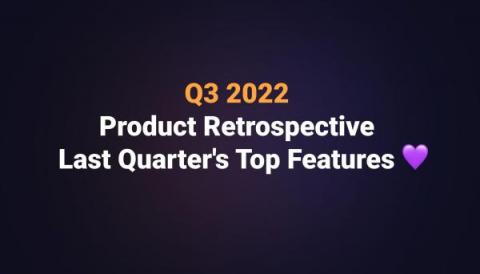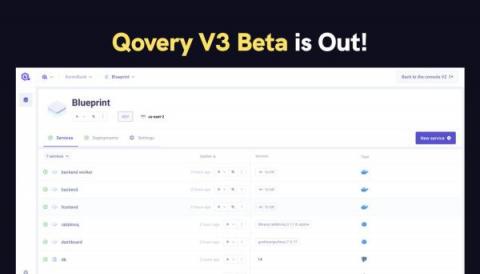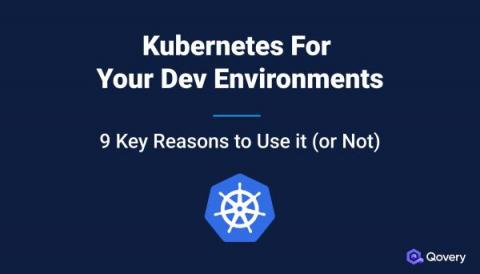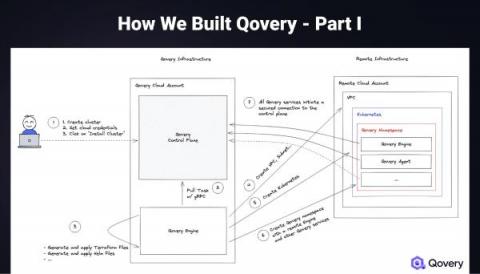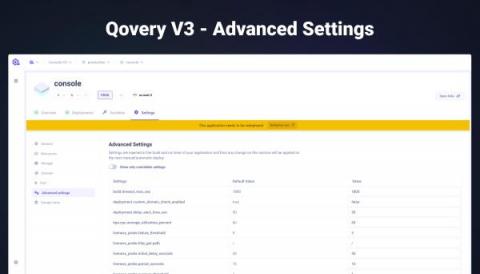From DevOps to Platform Engineer: 6 Things You Should Consider
We are in 2022, Platform Engineering is a fast-emerging concept at the intersection of DevOps and SRE, where the goal is to make developers from organizations to be completely autonomous in provisioning new applications and environments. All of that without requiring one to be an infrastructure expert. In this article, I will explain what DevOps Engineers need to do to become proficient Platform Engineers.



